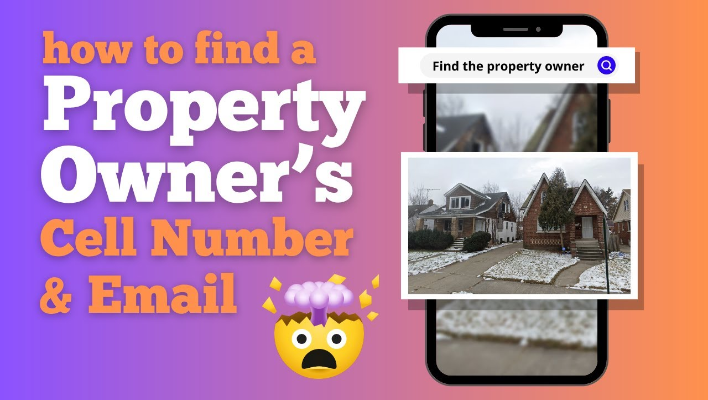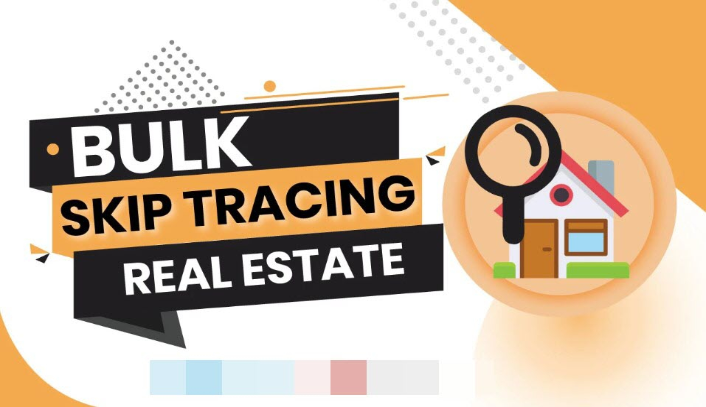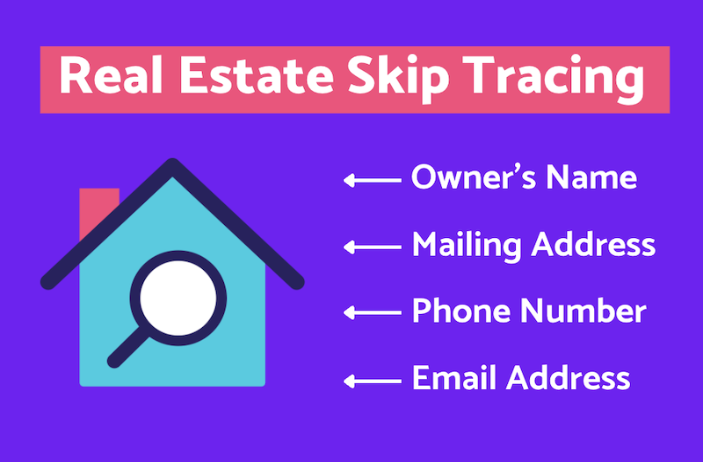How to Find a Property Owner: A Comprehensive Guide 2025

How to Find a Property Owner. Finding the owner of a property is an important step whether you are a real estate investor, a buyer, or you just want to know the owner of some land. Information how to locate property ownership information will help you to decide what to do with such property, resolve disputes, or reconnect with former neighbors. In this article we will discuss of the ways to find property owner such as online tools, government resources and other traditional ways. You’ll finish by having a clear idea on how to find this information as efficiently and legally as possible.
Why Would You Need to Find a Property Owner?
But before we jump into the methods, you need to understand that you would need to free property title search to do all these things. Here are some common reasons:
1. Real Estate Transactions
Buyers or investors may want to contact the owner (how do i find out who bought a house) to enquire if they could be interested in buying the property.
2. Neighborly Issues
There may be matters such as leaning trees, boundary disputes, or noise issues.
3. Usage
Lawyers or people participating in a legal case may need ownership details for litigation or for inheritance.
4. Investigative
Being able to discover the ownership history of a property may be required for a probing investigation.
Methods to Find a Property Owner

If you want to know that who lives at this address free search Different methods are given bellow
1. Online Property Search Tools
It has now become so easy to get your property ownership information (public record property ownership). Some of the best online resources are here.
A. County Assessor’s Website
How to Find a Property Owner. The county assessor’s office in most counties of the U.S. has an online property search tool. They are publicly available and show the owner’s name you can easily find property owned by name, mailing address and a property value. To use this method:
B. Real Estate Websites house history report
Property ownership information is often listed on websites like Zillow, Realtor.com, and Redfin, for example, if the property is up for sale or if recently sold. While not all of these sites will always have the owner’s contact information, they will at least provide a basis for seeking you.
C. Public Records Search Engines
There are platforms such as TruthFinder, Skipeazy, BeenVerified or Spokeo which help you search for the property owners by given address. When you use these services, you may be charged a fee, but they are also able to give you extensive reports that contain the owner’s name, number, and other contact details.
2. Visit the Local County Recorder’s Office
A second, and more reliable, alternative to online tools is to visit the county recorder’s office in person. The physical records kept in these offices record of property deeds, mortgages and other legal documents. Here’s how to proceed:
3. Use the Tax Assessor’s Office
Another valuable resource is the tax assessor’s office in finding property owners. Property tax records are public and usually show the owner’s name and mailing address. You can access these records:
4. Hire a Title Company
Property ownership research is the business of title companies who can furnish detailed reports about a property’s owner history and current owner. This service usually costs something but it’s a solid choice for persons that need accurate and comprehensive information quickly.
5. Check Social Media and Online Directories
It actually can be as simple as a quick, little online search, which may take you right to the property owner. If the owner has published information about him on Facebook, LinkedIn, or even on Google, platforms like Facebook, LinkedIn, or even Google may know the owner. Moreover, Whitepages or Yellow Pages can be online directories that are helpful.
6. Ask Neighbors or Local Businesses
Sometimes the old fashioned way is the best way to go. It’s good to try to find the owner of a nearby property by asking nearby neighbors or local business owners, for example. They may have owned the owner personally or have contact details.
7. Consult a Real Estate Agent
Multiple Listing Services (MLS) and other databases contain information on property ownership and other agents can access this. If you are working with an agent, they should usually be able to assist you in finding the owner of a certain property.
8. Search for Legal Notices
However, property is liable to publish legal notices, as when a property stands for such proceedings as foreclosure or probate, legal notices may be published in the local newspaper or online. Most of these notices include the owner’s name and contact information.
Skipeazy
And at Skipeazy, we think data should be accessible to everyone at an affordable price in the real estate industry. We are dedicated to providing investors, agents, and businesses with the most accurate, dependable, and budget friendly skip tracing services possible, that will lead to success. It’s much more than just the data; we go a step further and connect you to the right leads, maximize your outreach, and close more deals with precision insights. Introducing our pricing:
Just 2 cents per record and if you have empty records or duplicates, we don’t charge you, you only pay for records that will be accepted by the dialer. Skipeazy is committed to excellence and customer satisfaction, and we take pride in being your trusted partner in real estate skip tracing for all our clients as we guarantee to provide the best data, mentorship, and support to your success. Data should work for you—without throwing a wrench into the works.
Tips for a Successful Property Owner Search
How to Find a Property Owner. Tips for a Successful Property Owner Search are given bellow
1. The Right Information
Being prepared with the property full address or parcel number will help you getting started on searching for records.
2. Check the Information Again From Various Sources
Ensure the information is accurate by checking it against more than one source.
3. Present Respect for the Property Owner
Treat the property owner with respect and refrain from harassing the owner.
4. Public records
Property records are public in most places, but in some parts, you cannot access certain information.
FAQs
Conclusion
How to Find a Property Owner. It doesn’t have to be an arduous task to find a property owner. You can quickly and efficiently find ownership details once you’ve got the right tools and techniques. The key is either visiting government offices, search for help from professionals or using online resources, just be persistent and more thorough. Following the steps outlined in this guide will put you in a position to be able to look at the information you need, knowing that privacy and legal boundaries are being respected.






